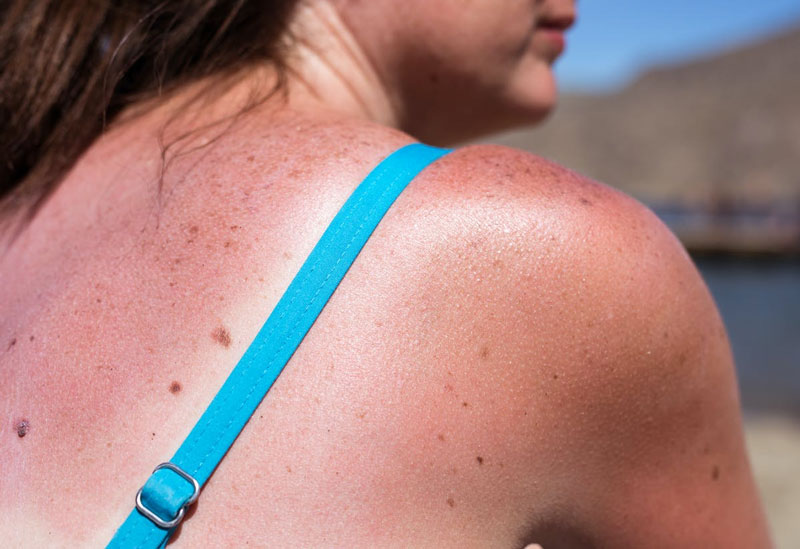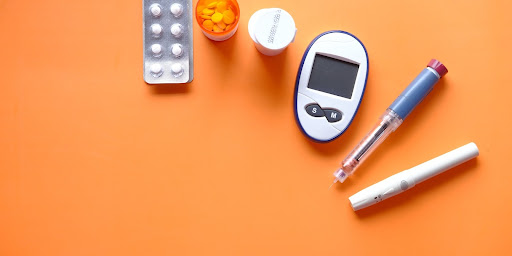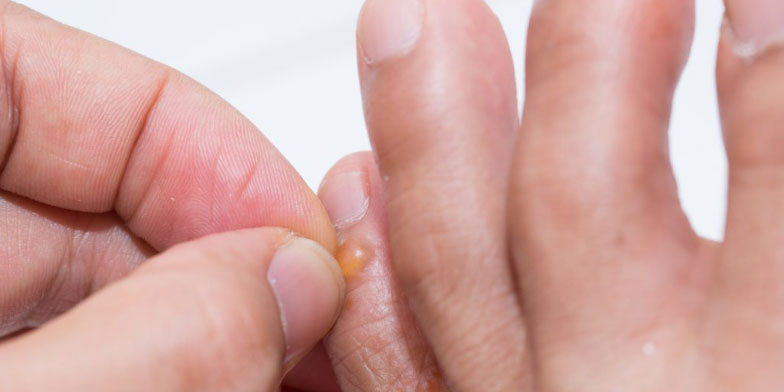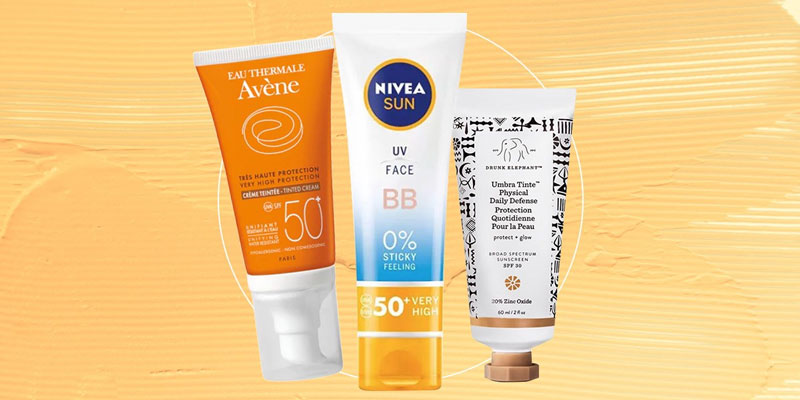Medications That May Make You Extra Sensitive to Sun and Heat
Dec 27, 2023
It's important to be aware that certain medications can cause unexpected problems if you plan to travel to sunny places. Although you may not know it, some prescription drugs can make your skin more sensitive to the sun and cause it to burn faster. This is called photosensitivity. While sunscreen and solar protective clothing offer protection against the sun's UV rays, you may need to take extra precautions if your medications are prescribed.
Many prescription and over-the-counter drugs can cause increased sensitivity to the sun. You may experience severe and rapid sunburns, hives, and rashes, as well as an increased skin cancer risk. Common medications can also cause increased heat sensitivity, which can lead to trepidation.

Antibiotics
Phototoxic and photosensitivity reactions can be caused by antibiotics, which could lead to sunburns. Bactrim (or sulfamethoxazole-trimethoprim) is the one that springs to mind immediately. Bactrim can be used to treat everything, like bronchitis and bladder infections. This is a serious problem, as are fluoroquinolones and tetracyclines. Other antibiotics are also included in the FDA, including ciprofloxacin and doxycycline. You should never skip taking an antibiotic if you want to sunbathe. Your doctor will help you manage your medications and plans.
Acne treatments
Patients can also experience side effects from acne treatment medications, and some acne treatments can cause skin cancer. Retinoids may be especially phototoxic. Retinoids can cause a lot of damage in the sun to patients; sunburns can be caused by it. Some medications have more effect on patients than others. Before you begin using the medication, it is a good idea to consult your doctor about its side effects and possible interactions. Ask your doctor about any medication prescribed to you if you sunbathe often. Patients can get sunburn and health problems from medicines containing salicylic acid and benzoyl peroxide.
Allergy medication
Some people find oral antihistamines such as diphenhydramine, found in Benadryl or Dramamine, reduce their sweating ability. According to the specialist, these medications, in extreme cases, can lead to heatstroke, cramps, and even exhaustion. If your allergy medication makes it difficult to stay cool, you can make outdoor activities in the morning and evening and keep the hottest parts of the day indoors.
Antidepressants
Antidepressants can cause heat-related problems due to the fact that they affect the brain, which controls your body's ability to cool down. This can lead to decreased sweating, which can be dangerous for some people.
Overheating can cause nausea, headaches, lightheadedness, and weakness. Overheating can be prevented by staying in cool areas and drinking enough water to keep your body hydrated. Sports drinks contain sodium, which can be helpful in the event of heat exhaustion. Drink sports drinks if you experience any of the above symptoms. Contact emergency services if you feel any more. Don't let overheating cause you any serious health problems.
Non-steroidal anti-inflammatory drug (NSAIDs)
Phototoxicity is caused by non-steroidal. These are not the ones we use most often. If you are taking non-steroidal medication and plan to go out in sun, I recommend sunscreen protection and avoidance. Any non-steroidal could worsen phototoxicity.
Vitamin and herb
Many over-the-counter herb medicines can cause phototoxic effects. St. John's Wort can be a strong photosensitivity inducer and have many drug interactions. Anybody interested to take it should consult their doctor or medical expert first. A type of Vitamin B3 called Niacin that is used to lower cholesterol could also be a risk. It could cause skin reactions and could possibly cause high sun sensitivity.
Topical medication
Transdermal patches, such as Fentanyl's powerful pain reliever or Clonidine, lower blood pressure and can have a greater effect on the skin. Sunburns can cause dilation of blood vessels on the skin, which can increase the absorption of the medication. It is a great idea for long sleeves if you are wearing a patch.
Conclusion
These are just a few medications that can make patients more sensitive to sunlight. If you plan on sunbathing, it is crucial to be aware of your medication. Even if you don't plan to sunbathe but live in hot areas, you should ask your doctor for medicines that won't cause you any problems. So, it is essential to know about your medication and its side effects to save yourself from any trouble.





